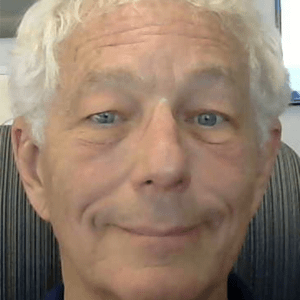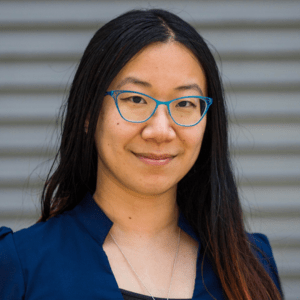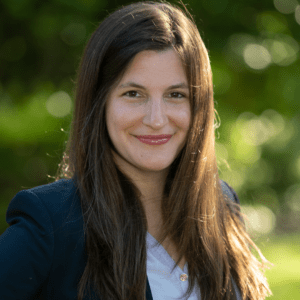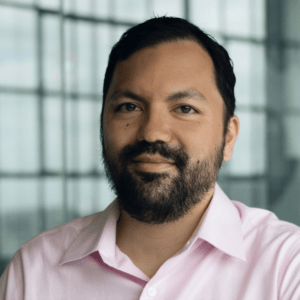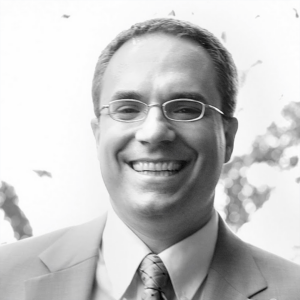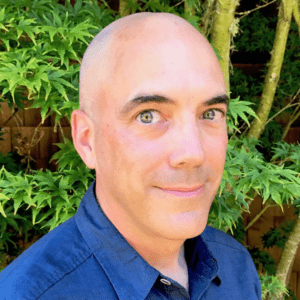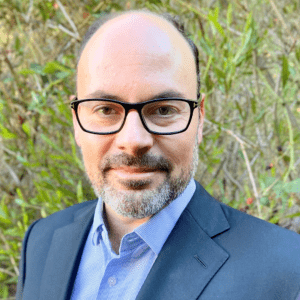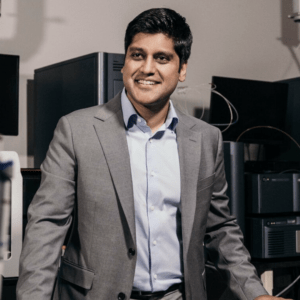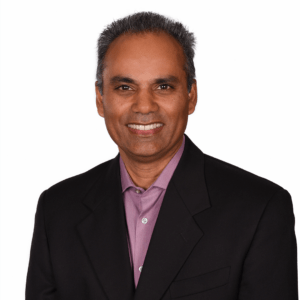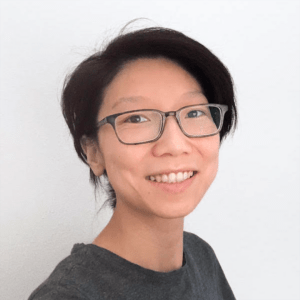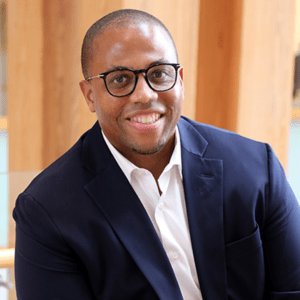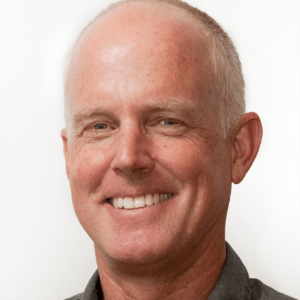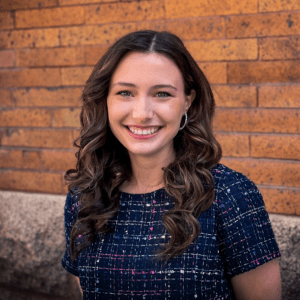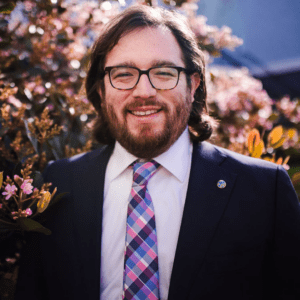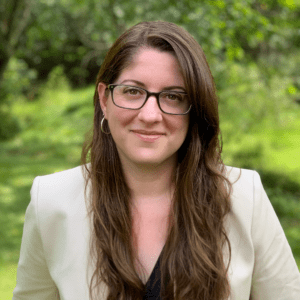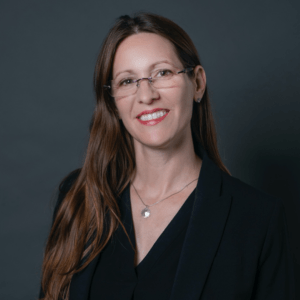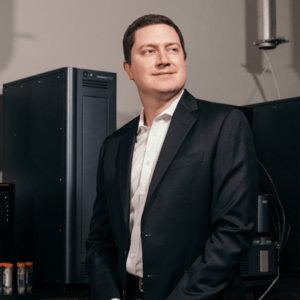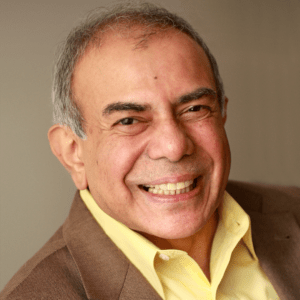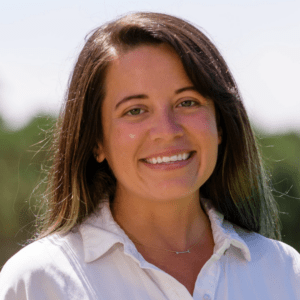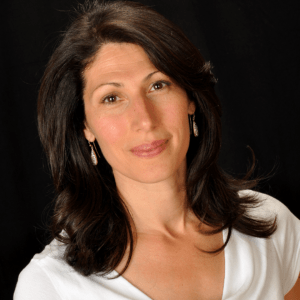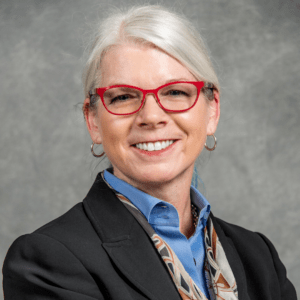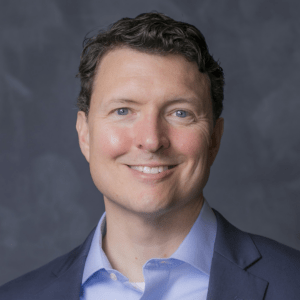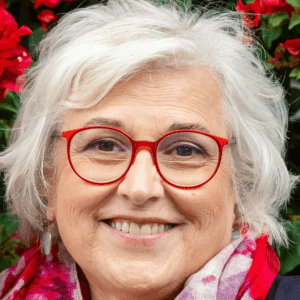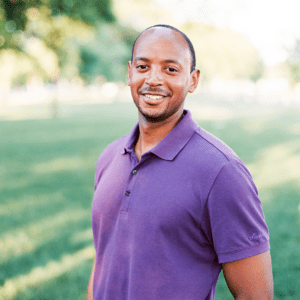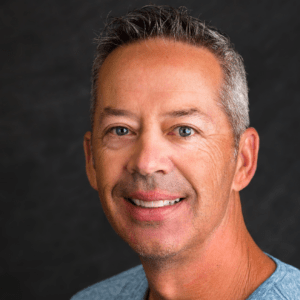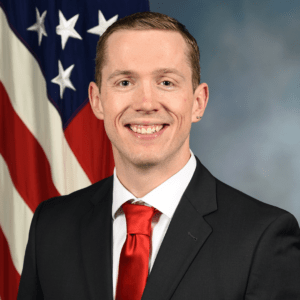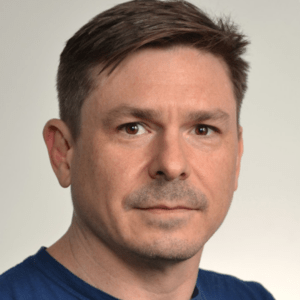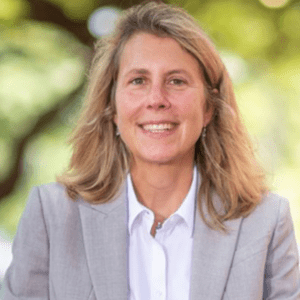

Task Force on Synthetic Biology and the Bioeconomy
A taskforce seeding the next wave of innovation in synthetic biology and the bioeconomy.
Overview
From the familiar cold-water, active enzymes in our laundry detergents to the cutting-edge runway fashions made from bio-manufactured spider silk and mushroom leather, biotechnology has created new economic opportunities to support a more sustainable future. These activities and many other exciting innovations form the basis of the bioeconomy—economic activity driven by the life sciences, biotechnology, and contributing advances in engineering, computing, and information sciences.
Ten years ago, the United States became one of the first countries to set forth a national bioeconomy policy framework to harness the broad future benefits of biological research. Recent estimates place the value of the U.S. bioeconomy at nearly $1 trillion. Now, new technological developments—including genome editing, artificial intelligence, automation, and miniaturization—have the potential to accelerate the U.S. bioeconomy toward $4 trillion over the next 10 to 20 years.
In the summer of 2021, the Congressional Research Service released its report, Bioeconomy: A Primer, which describes options for Congress to advance the U.S. bioeconomy. In October, the Biden Administration released a National Advanced Manufacturing Strategy Request for Information that included cutting-edge nano, chemical, and biological technologies. These actions demonstrate growing momentum and opportunity to maximize the potential of the bioeconomy for public benefit.
To seed the next wave of innovation in synthetic biology and the bioeconomy, Schmidt Futures launched a task force in October 2021. The program aims to advance transformative bio-based and bio-enabled applications in areas such as health, clean energy, industry, and agriculture.
The Task Force on Synthetic Biology and the Bioeconomy developed recommendations and a strategy to help realize the potential of the U.S. bioeconomy for maximum public benefit. A key focus of the task force is to bring multiple types of capital to bear to accelerate and expand biotechnology applications, including carbon management and sustainability. Members of the task force include subject matter experts across academic disciplines, including physics, ethics, and synthetic biology; venture capitalists and industry leaders from both small and large companies; and leaders from the biotechnology consortia.
The U.S. Bioeconomy: Charting a Course for a Resilient and Competitive Future
Informed by the Task Force on Synthetic Biology and the Bioeconomy, “The U.S. Bioeconomy: Charting a Course for a Resilient and Competitive Future,” outlines what it would take for the U.S. and for people worldwide to maximize the benefits of the bioeconomy – from creating jobs to fighting climate change to reducing dependence on fossil fuels.
The report aims to spur federal action that will build a better world by:
- Reducing the nation’s dependence on fossil fuels
- Revitalizing U.S. manufacturing and cultivating a more diverse bioeconomy workforce
- Creating more resilient supply chains
- Addressing concerns regarding national competitiveness and national security
- Improving the nation’s health and the environment
- Contributing significantly to the goal of creating a net-zero carbon economy
Hodgson, A., Alper, J., Maxon, M.E. 2022. The U.S. Bioeconomy: Charting a Course for a Resilient and Competitive Future. New York, New York: Schmidt Futures. https://doi.org/10.55879/d2hrs7zwc
The report may be downloaded at the top of this page.
Task Force Members
Task Force Interim Report: 12.1.21
Public and Private Funding Opportunities to Advance a Circular U.S. Bioeconomy and Maintain U.S. Biotechnology Competitiveness.


